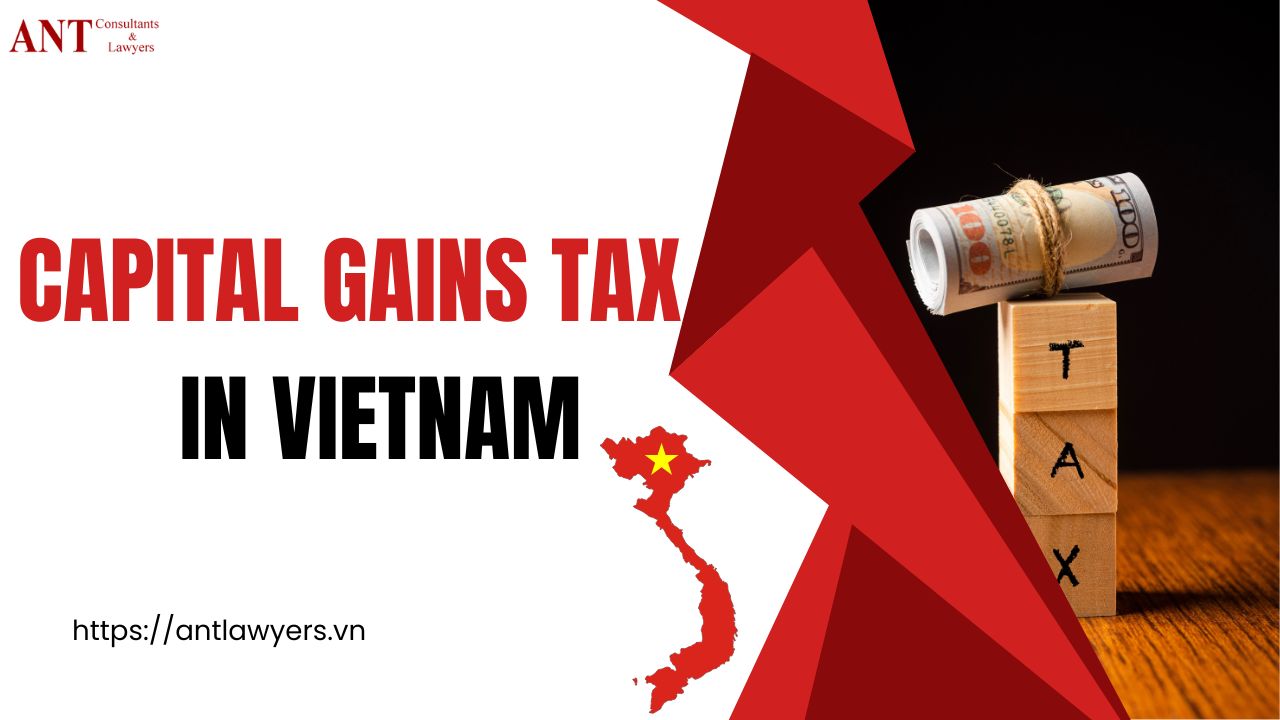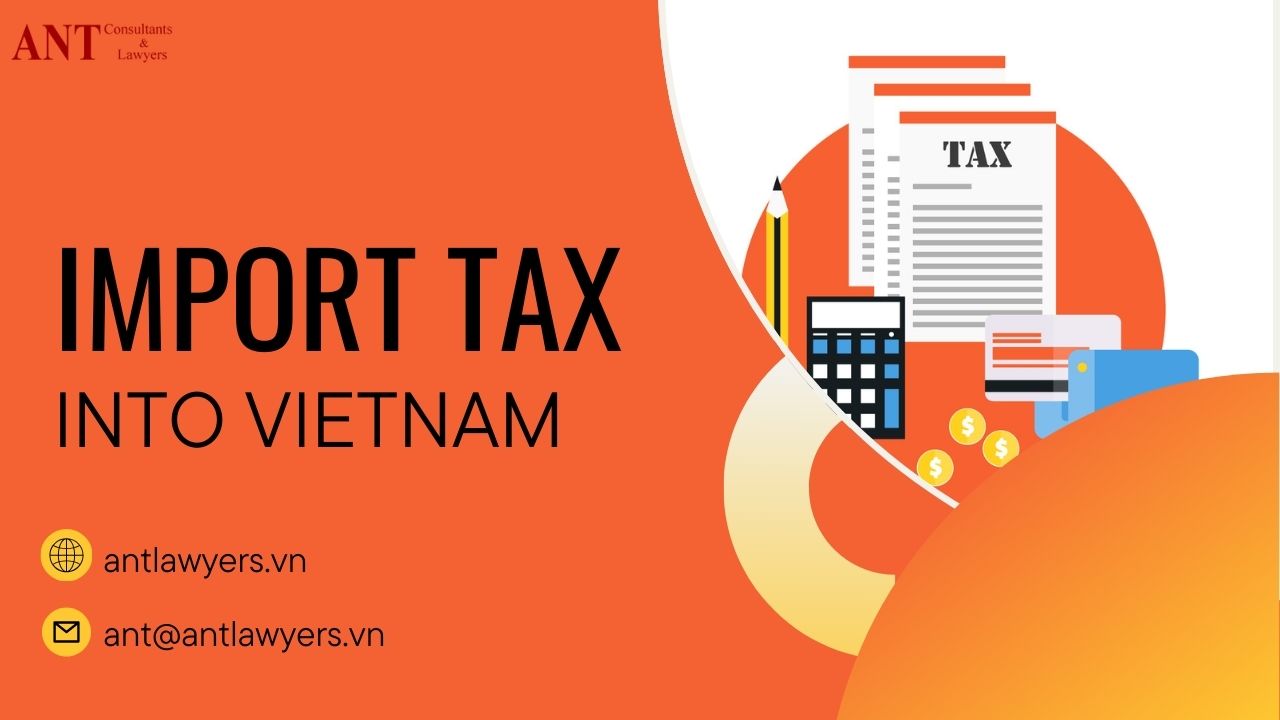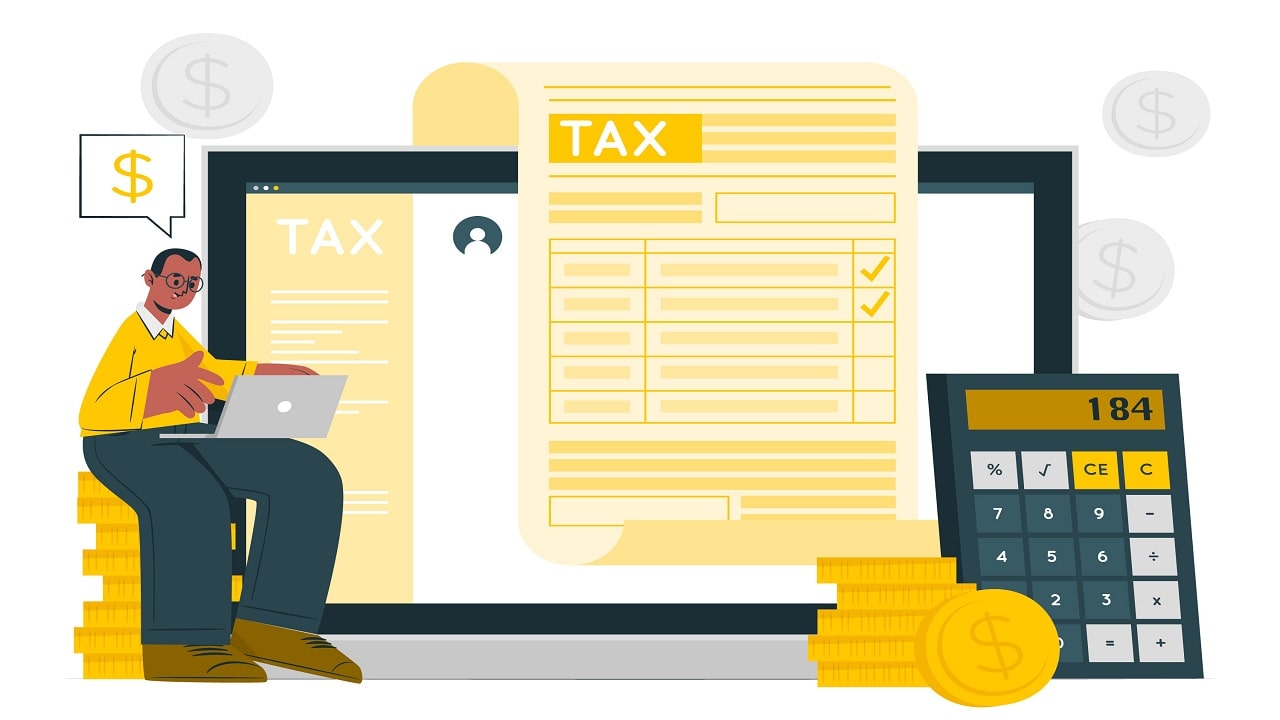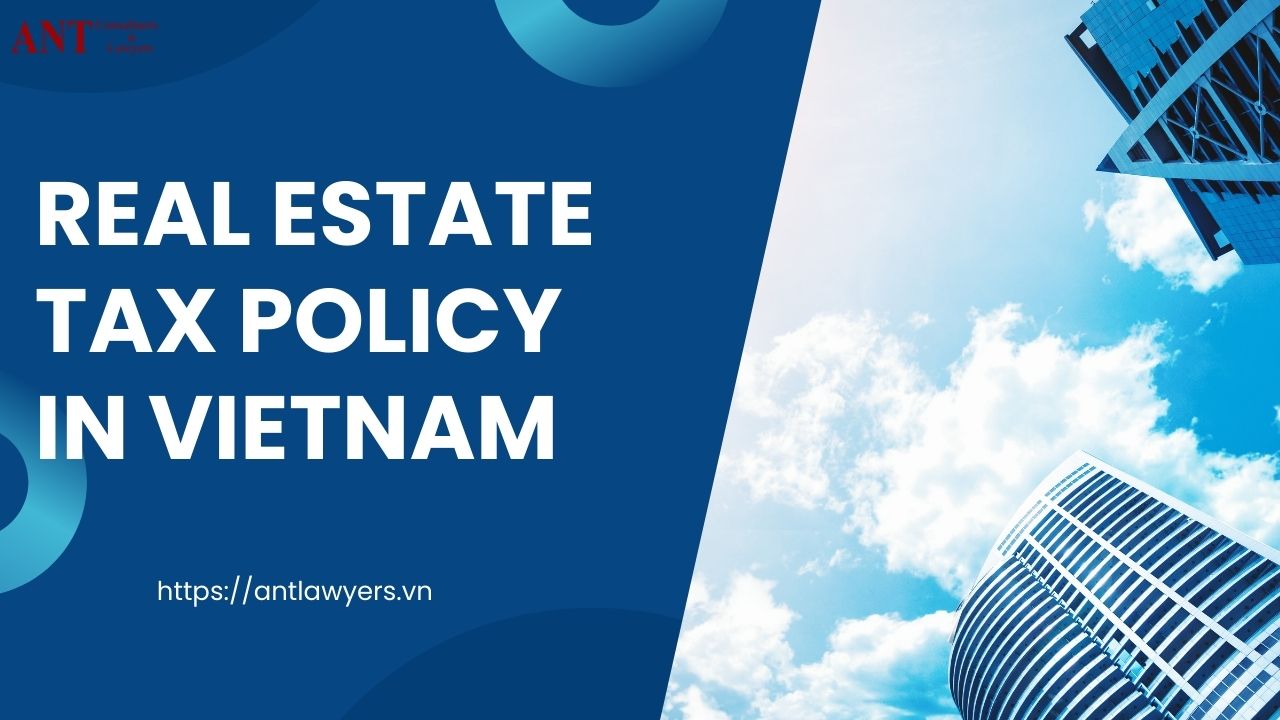Why Capital Gains Tax in Vietnam Matters? 10 Essential Insights


What if your next big investment in Vietnam brought you incredible returns, only to have a chunk of your profits unexpectedly eaten up by taxes you didn’t fully understand?
For foreigners navigating the vibrant but complex Vietnamese market, the stakes couldn’t be higher.
Whether you’re investing in real estate, stocks, or a thriving local business, understanding capital gains tax in Vietnam is not just important, it’s essential to protecting your profits and ensuring long-term success.
Vietnam’s dynamic economy is bursting with opportunities, but its tax system can feel like a maze for foreign investors.
With changing regulations, regional inconsistencies, and upcoming reforms poised to shake up the landscape, it’s easy to feel overwhelmed.
In here, we will walk you through the rules, the risks, and the strategies to navigate capital gains tax in Vietnam, so you can focus on growing your wealth without the fear of unpleasant surprises.
Understanding Capital Gains Tax in Vietnam
Capital gains tax in Vietnam refers to the tax imposed on profits earned from selling or transferring capital assets. These assets typically include real estate, stocks, business shares, and other forms of equity.
Both domestic and foreign individuals and entities are subject to this tax, depending on the nature of the transaction and their residency status.
The framework for capital gains tax in Vietnam is embedded in the country’s corporate income tax (CIT) and personal income tax (PIT) regulations.
The current system imposes a 20% tax on net gains from capital transactions for most corporate entities.
However, certain transactions, such as the transfer of securities by foreign investors, are taxed differently, usually at a fixed rate on gross proceeds.
Why Capital Gains Tax in Vietnam Matters for Foreigners
- Compliance and Legal Obligations
Foreigners investing or conducting business in Vietnam must comply with local tax laws to avoid penalties and legal disputes. Failure to adhere to capital gains tax regulations can lead to audits, fines, or even restrictions on future investments. - Impact on Investment Returns
Understanding how capital gains tax in Vietnam applies to your transactions helps you forecast net returns and structure your investments more efficiently. - Reforms and Policy Changes
With ongoing changes to tax laws, such as the proposed 2% tax on gross proceeds, staying informed is essential for avoiding unexpected liabilities.
Key Features of Capital Gains Tax in Vietnam
Tax Rates and Structures
The taxation system for capital gains in Vietnam varies based on the type of asset and the taxpayer’s residency status:
- For Corporate Entities:
Gains from capital transactions are taxed at a flat 20% rate on net profits. - For Foreign Investors in Securities:
A 0.1% tax is imposed on the total sales proceeds, regardless of profit or loss. - For Real Estate Transactions:
Individual sellers pay 2% of the total transaction value, while corporate entities pay 20% on net gains.
Proposed Reforms: A Major Shift for Investors
In June 2024, the Vietnam Ministry of Finance proposed significant reforms to the capital gains tax system in Vietnam. Scheduled to take effect in January 2026, these changes include:
- Replacing the 20% Tax on Net Gains:
The proposed system imposes a 2% tax on gross sales proceeds for capital transfers. This change aims to simplify tax calculations and streamline administration. - Implications for Low-Margin Transactions:
The flat-rate system may disproportionately affect transactions with minimal or negative returns, potentially deterring investors.
Practical Concerns for Foreign Investors
While the simplified tax framework may benefit those seeking clarity, it raises questions about fairness. For instance, a business divesting assets at a loss would still incur tax liabilities under the proposed system, potentially discouraging further investment.
Indirect Transfers: A Grey Area
Vietnam’s tax authorities have aggressively pursued taxes on indirect transfers of Vietnamese assets. This applies when foreign investors sell shares in overseas holding companies that indirectly own Vietnamese subsidiaries. While intended to capture revenue from significant transactions, this practice often results in disputes over double taxation and jurisdictional clarity.
Foreign investors are advised to consult with local tax experts to navigate these complexities and ensure compliance with Vietnamese laws while minimizing global tax burdens.
Administrative Challenges and Inconsistencies
Decentralized Tax Administration
Vietnam’s tax administration system is highly decentralized, with provincial tax authorities holding significant autonomy. This structure can lead to inconsistencies in how capital gains tax regulations are interpreted and enforced across different regions.
Impact on Foreign Businesses
- Varying Interpretations:
A transaction deemed taxable in one province might not attract the same scrutiny elsewhere. - Compliance Burdens:
Businesses operating in multiple provinces must contend with differing local practices, increasing administrative costs.
Dispute Resolution: A Lengthy Process
Tax disputes in Vietnam can be prolonged due to procedural delays and inconsistent rulings. Foreigners should ensure accurate documentation and maintain open communication with local tax authorities to mitigate these risks.
Strategies to Manage Capital Gains Tax in Vietnam
1. Engage Local Tax Advisors
Given the complexities and potential changes to capital gains tax in Vietnam, hiring a local tax advisor is crucial. These professionals can provide insights into regulatory updates, ensure compliance, and identify tax-saving opportunities.
2. Structure Investments Wisely
Investors can mitigate tax liabilities by exploring legal structures such as holding companies or joint ventures, which may offer more favorable tax treatment under double taxation agreements (DTAs).
3. Monitor Regulatory Changes
Stay informed about ongoing reforms and administrative practices to anticipate potential impacts on your investments. Partnering with a local law firm in Vietnam can help you stay ahead.
Opportunities and Challenges Ahead
Vietnam’s rapid economic growth and increasing foreign investment make it an attractive destination for global investors. However, the evolving tax landscape poses challenges that require careful navigation. As Vietnam seeks to balance its need for revenue with maintaining a competitive investment climate, foreign businesses must adapt to ensure sustainable growth.
Looking Ahead
Capital gains tax in Vietnam is more than just a regulatory requirement, it’s a strategic consideration for foreigners investing in the country. By understanding the tax system’s nuances, staying informed about reforms, and engaging local experts, you can navigate Vietnam’s tax landscape effectively and maximize your returns.
With the proposed reforms set to reshape the capital gains tax regime, 2024 is a pivotal year for staying updated. Whether you’re a first time investor or a seasoned business owner, this guide equips you with the knowledge to make informed decisions about capital gains tax in Vietnam.
About ANT Lawyers, a Law Firm in Vietnam
We help clients overcome cultural barriers and achieve their strategic and financial outcomes, while ensuring the best interest rate protection, risk mitigation and regulatory compliance. ANT lawyers has lawyers in Ho Chi Minh city, Hanoi, and Danang, and will help customers in doing business in Vietnam.
How ANT Lawyers Could Help Your Business?
You could reach ANT Lawyers in Vietnam for advice via email ant@antlawyers.vn or call our office at (+84) 24 730 86 529
Recent Posts
7 Reasons to Set Up a Subsidiary in Vietnam Now: A Powerful and Timely Move Amid Global Shifts
Introduction: The World Is Changing Fast, So Should Your Strategy When the world becomes unpredictable,…
US Tariffs on Vietnamese Goods: 7 Powerful Insights Every Investor Needs for a Resilient and Rewarding Future
The recent imposition of US tariffs on Vietnamese goods has stirred both caution and opportunity…
5 Inspiring Reasons Why Vietnam Needs a Strong Vietnam Legal Framework for Digital Assets Today
Global Momentum and Why Vietnam Needs a Legal Framework for Digital Assets In recent years,…
5 Essential Insights into Provincial Mergers in Vietnam: What Foreigners and Businesses Must Know
Why Provincial Mergers in Vietnam Matter to You Imagine waking up one morning to find…
Inside the Legal Framework for Digital Assets in Vietnam: 4 Pillars of Classification, Identification, Regulation, and Market Oversight
Big shift in the legal framework for digital assets in Vietnam Vietnam moves closer to…
7 Essential Insights About Business Incorporation in Vietnam: A Hopeful Guide for Foreign Investors
In a world increasingly defined by instability, geopolitical tensions, tax wars, protectionist policies, and shifting…





